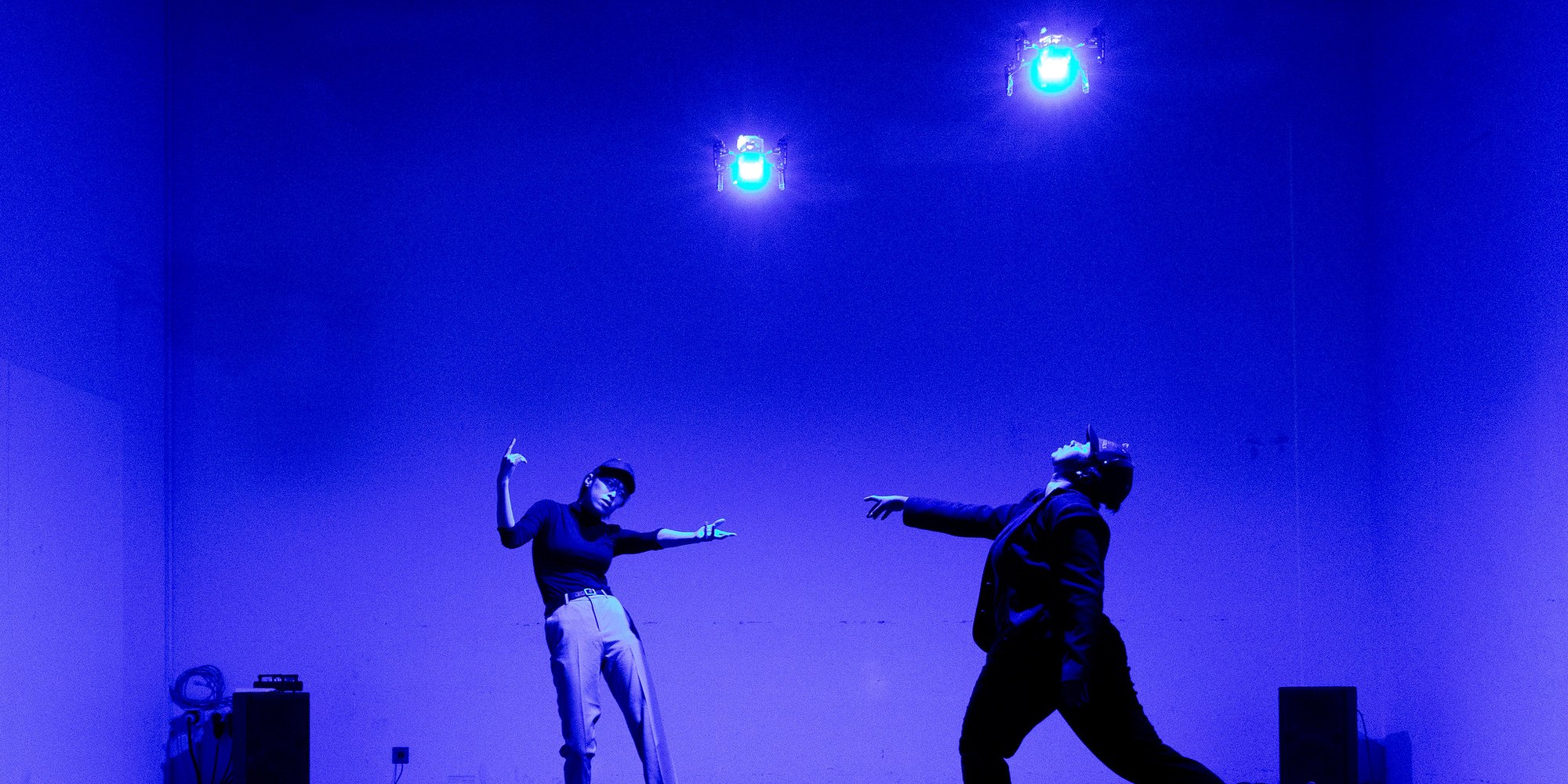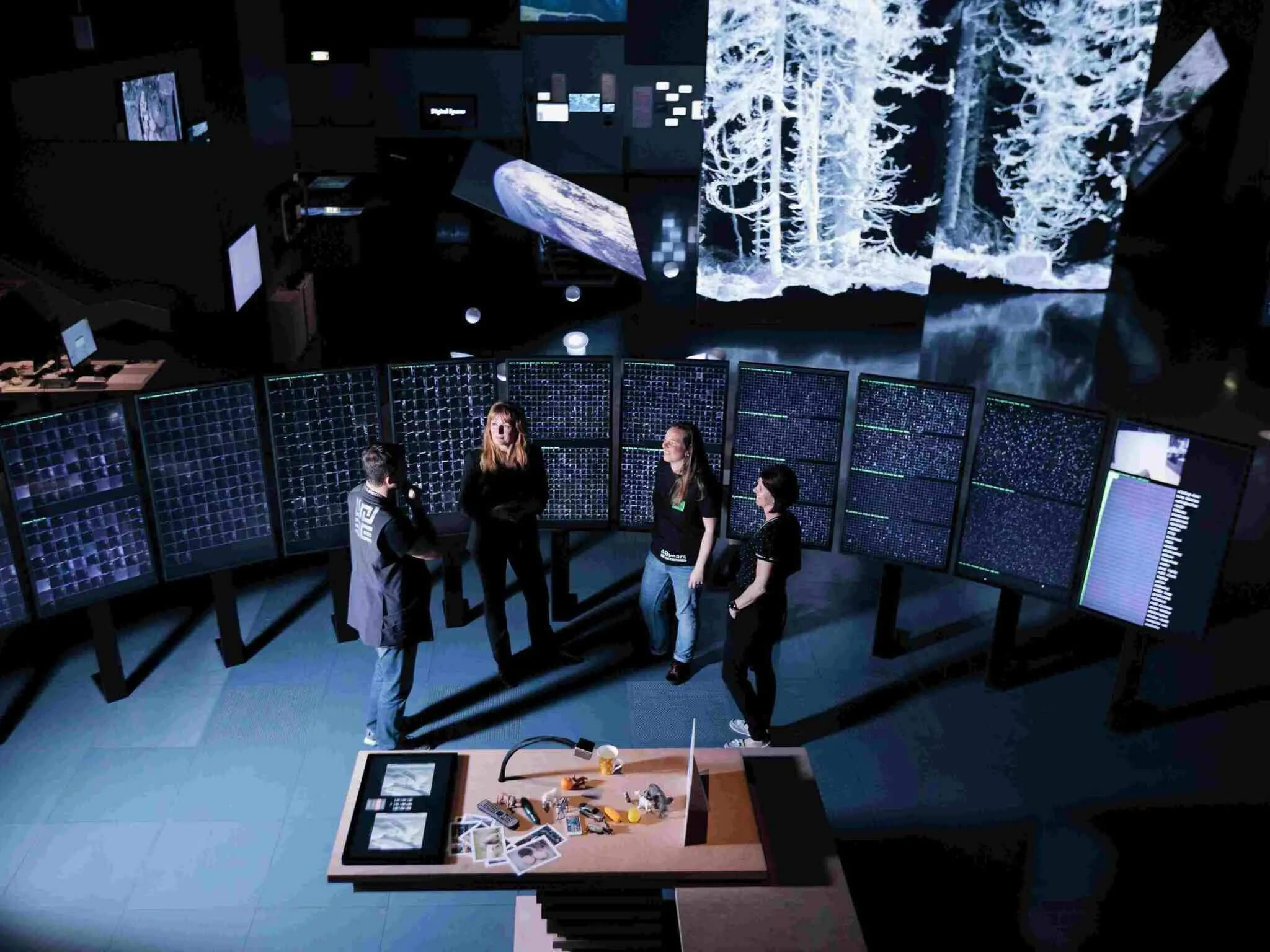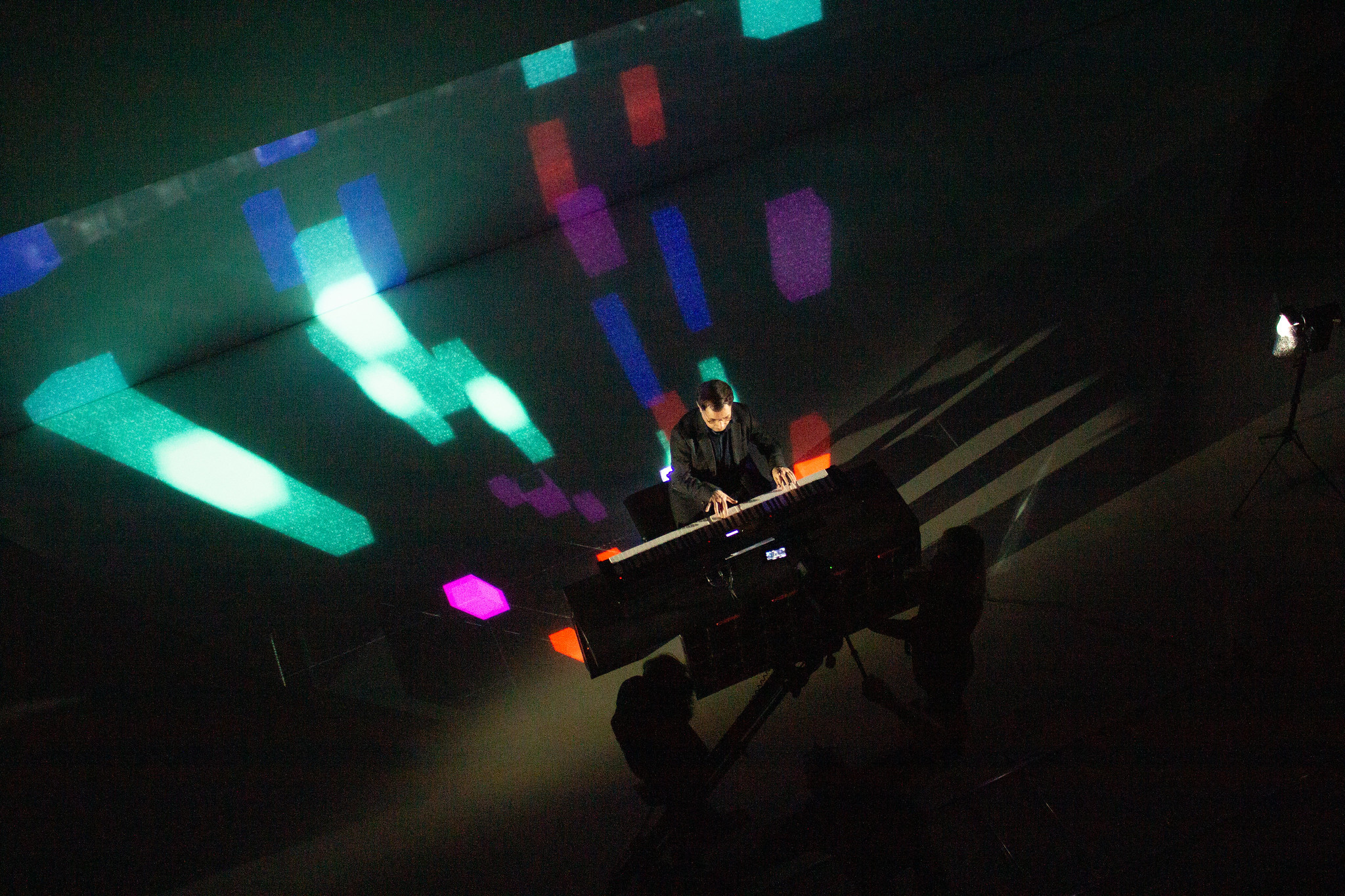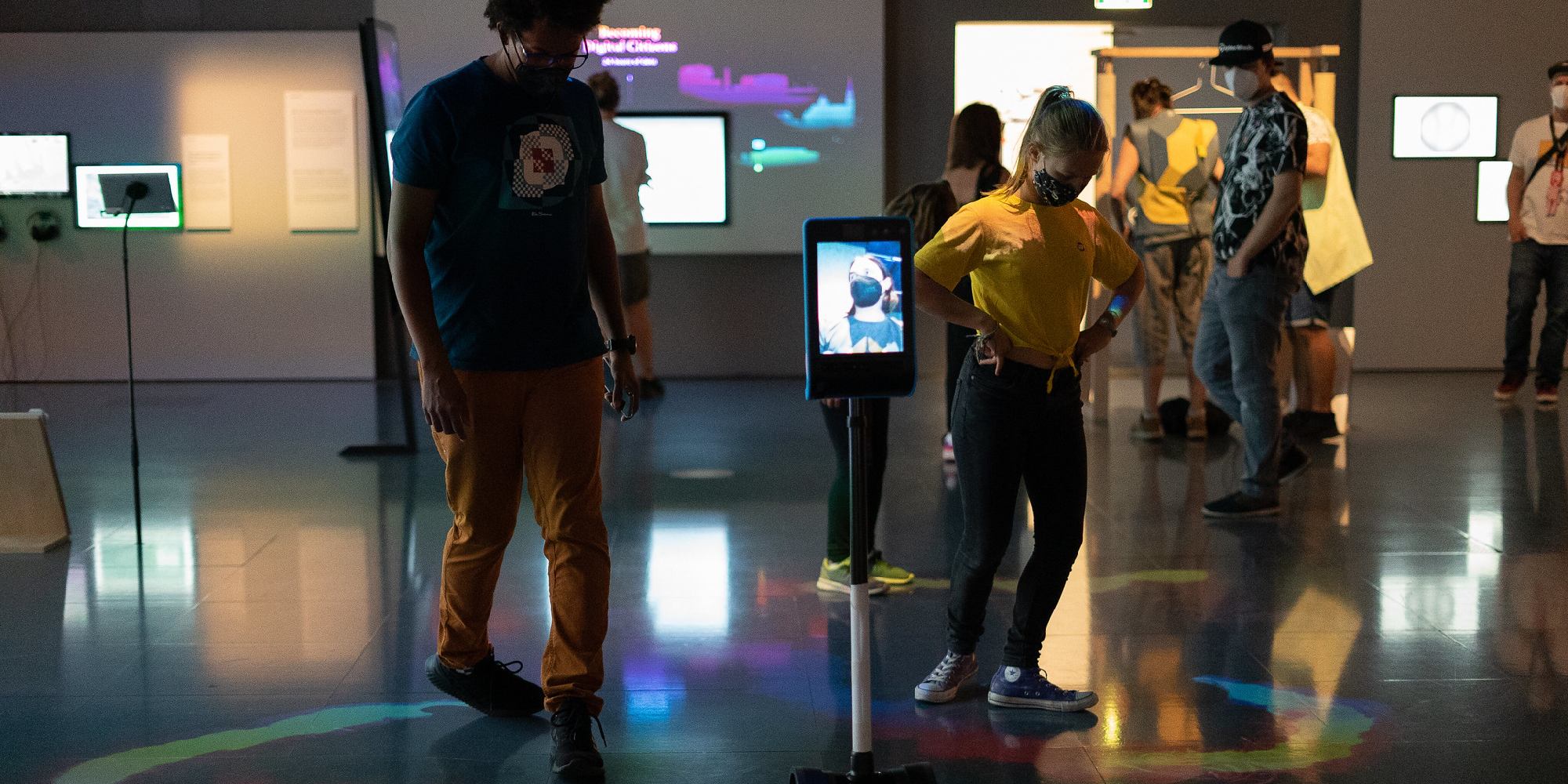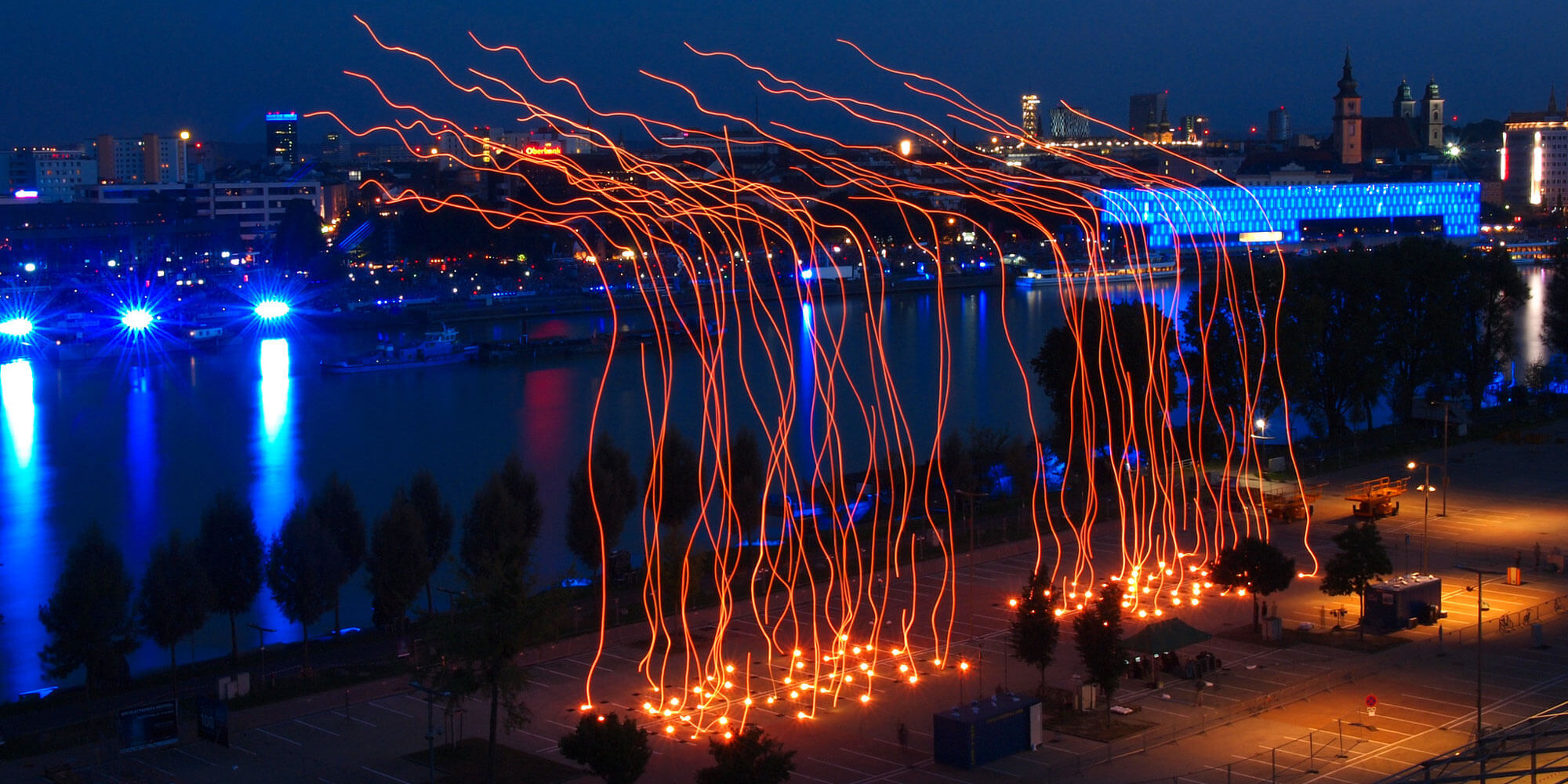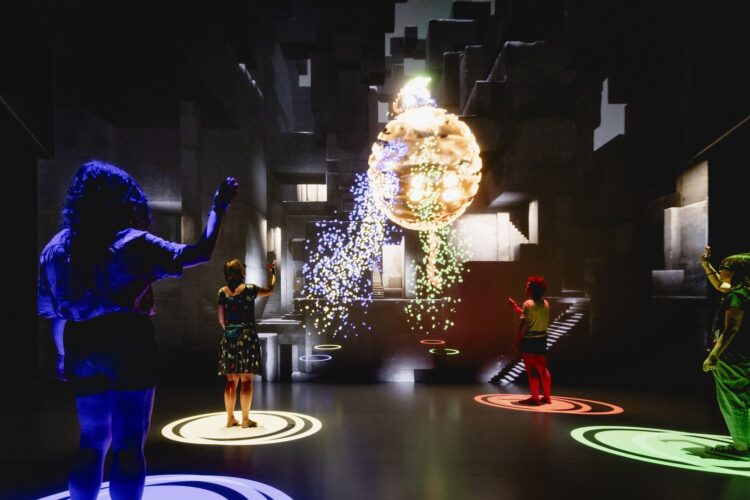The foundation of present-day AI is mathematics and computation theory plus a massive amount of power-hungry computation, evolving daily with speed and complexity.
It is mind-boggling to consider that within the last century, visionaries such as Alan Turing proved the basis of computational theory and that Grace Hopper invented a human-readable computer language. The energy that humanity has invested in the thousands of subsequent leaps in software and hardware now places us on the precipice of one of the fastest and most radical technological jumps in digitalization. How does this jump reshape our perception of human identity?
This jump places us in a conversation, or as we see it, a negotiation on humanity, on what it means to be human. Of course, this is no new question: art, technology and society continually pose questions on creativity, compassion, empathy and ethics. We know from the past that technology has the powerful ability to reshape human behavior. Social conversations post ChatGPTs are about reflections on ourselves, on our creativity, our identity and how we understand and frame knowledge within cultural and commercial paradigms. The pressing point of today’s AI is that suddenly it’s possible to perceive that we may no longer be alone in the conversation.
Key Research Topics:
This realization brings in new frames of reference. For example, as AI systems become increasingly human-like and conversational, we can already see new characteristics that define generative vs human content. In the field of software engineering, conversational language can be used to solve programming tasks. So do we even need language expertise when we can develop via prompt engineering? In government, are algocracies – government by algorithm – a threat to liberty, or are there productive ways to assist humans to make complex decisions?
On creativity, can AI support humanity in expressing or reflecting on the human condition, can we really expect to prompt artistic genius, or do we need to dive into deeper artistic journeys to avoid banality? What’s happening on the dark side of AI technologies? How is AI being weaponized? How do technologies like facial recognition, AI targeting drones, content control, deep fakes, and zero-day hacks influence power, and can they disrupt and redefine our perception of humanity?
Negotiating Humanity also extends connections to our work in Imaginary Spaces by considering the dialogue between humans and new forms of devices, vehicles, and visualization systems.
